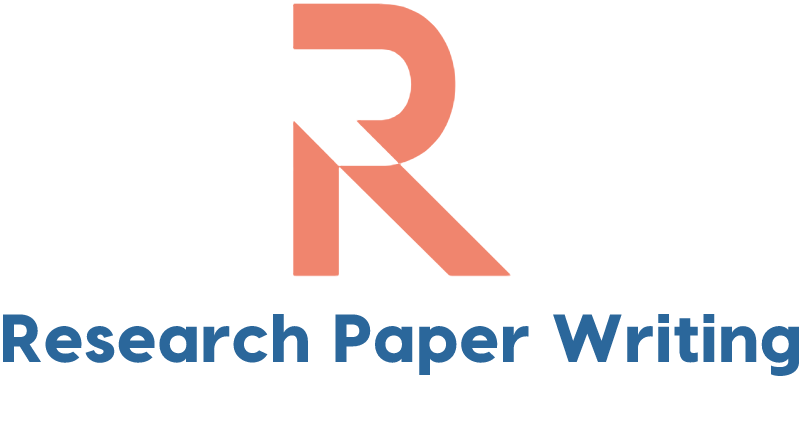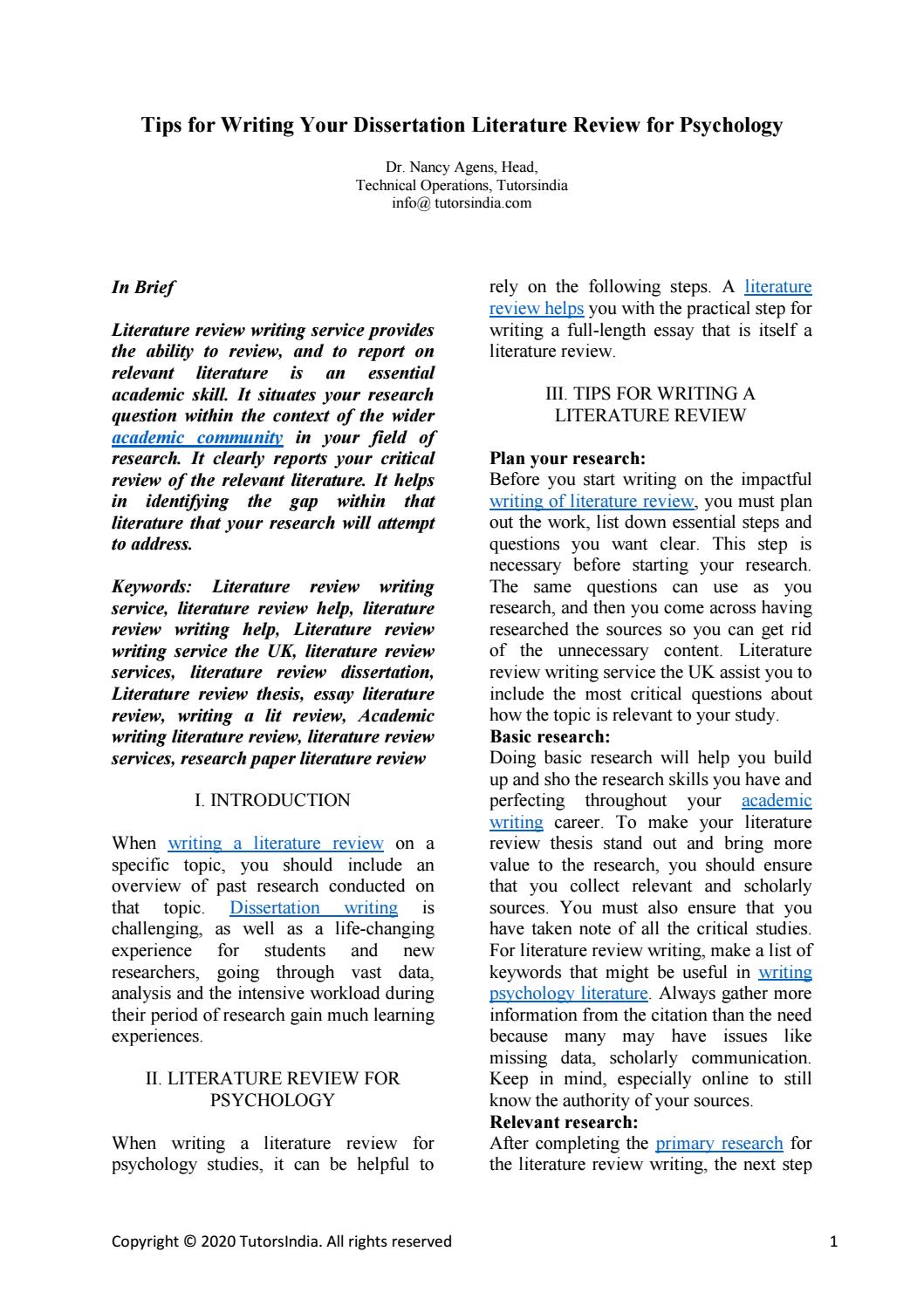A literature review should tie publications to your project statement, hypothesis, or thesis. It should prove relevance to your discussion and consider itself a development of your argument. You should also cite authors and publication dates to prove their work. You must follow the citation style guidelines. You must also write a comprehensive citation of every source you use in your literature review. The following are some tips for writing a literature review:
Identifying sources for a literature review
Identifying sources for your literature review is an essential part of a research paper. This critical review explores the literature related to your topic and looks for similarities, differences, and gaps. The literature review identifies and summarizes sources and analyzes their validity, authority, currency, coverage, methodology, and relationship to other works. Listed below are five general criteria for identifying sources for your literature review.
The first step in identifying sources for a literature review is defining the topic and scope of your research. Next, search the library’s catalogue or subject-specific databases. Once you have identified relevant sources, you can analyze and interpret the findings to reach a conclusion. Whether your research involves primary historical material, case studies, narratives, statistics, or recent scientific findings, your literature review must contribute to a better understanding of your topic.
Organizing sources for a literature review
If you have to write a literature review, there are some tips you can follow to make it look professional. Most people organize their sources around themes, rather than individual sources. Think about the common themes you’d like to discuss when writing your literature review, and then organize your sources based on those themes. This will help keep your paper organized and focus on the important points. You can also use subheadings and background information to help your readers better understand your paper.
Organization is important in any research project. Good organization allows you to see where you’ve been and what you need to do next. It will also help you group your ideas and explain how you conducted your research. When writing a literature review, you should be organized so you’ll have an easy time writing it. Keeping your sources in a systematic way will make the writing process easier and save you time and effort.
Identifying exclusion criteria for a literature review
Identifying exclusion criteria in a literature review in a research paper is important for a number of reasons. The first is that some studies may not have met the criteria that you have set, and this may have a detrimental effect on your data analysis. Hence, you need to have a solid rationale for excluding certain studies. For example, if a device was approved by the FDA in 1979, you would probably not include any paper that was published before 1980. Another example is if you are a lazy reader and you don’t want to read these papers, then you would not include them in your review.
In addition, your literature review may not be very useful if you don’t include certain studies. For example, you may be doing a systematic review of studies about alcohol addiction. For the same reason, you may be excluding studies that focus on opioid addiction. This is because these studies may be based on a small number of participants. In such cases, it is imperative to have adequate exclusion criteria.
Creating a reference list for a literature review
The main aim of a literature review is to identify the key pieces of information relevant to your topic. This can be achieved by categorizing the available material into various sections. For example, a chronological review would be divided into subtopics depending on the time period under study. A thematic review would have subtopics organized by theme or issue. Depending on your topic, you might need to combine recent studies on American whaling with earlier works written by French and Alaskan artists.
A literature review is a type of academic research paper. As such, it should be supported with evidence. When reviewing the material, you should highlight the key points in each source. It is essential to choose sources that relate to the topic and focus of your paper. For example, a literature review on the psychology of childhood may involve studies on children. The focus of a literature review should be to identify and analyze the key themes in child psychology.

